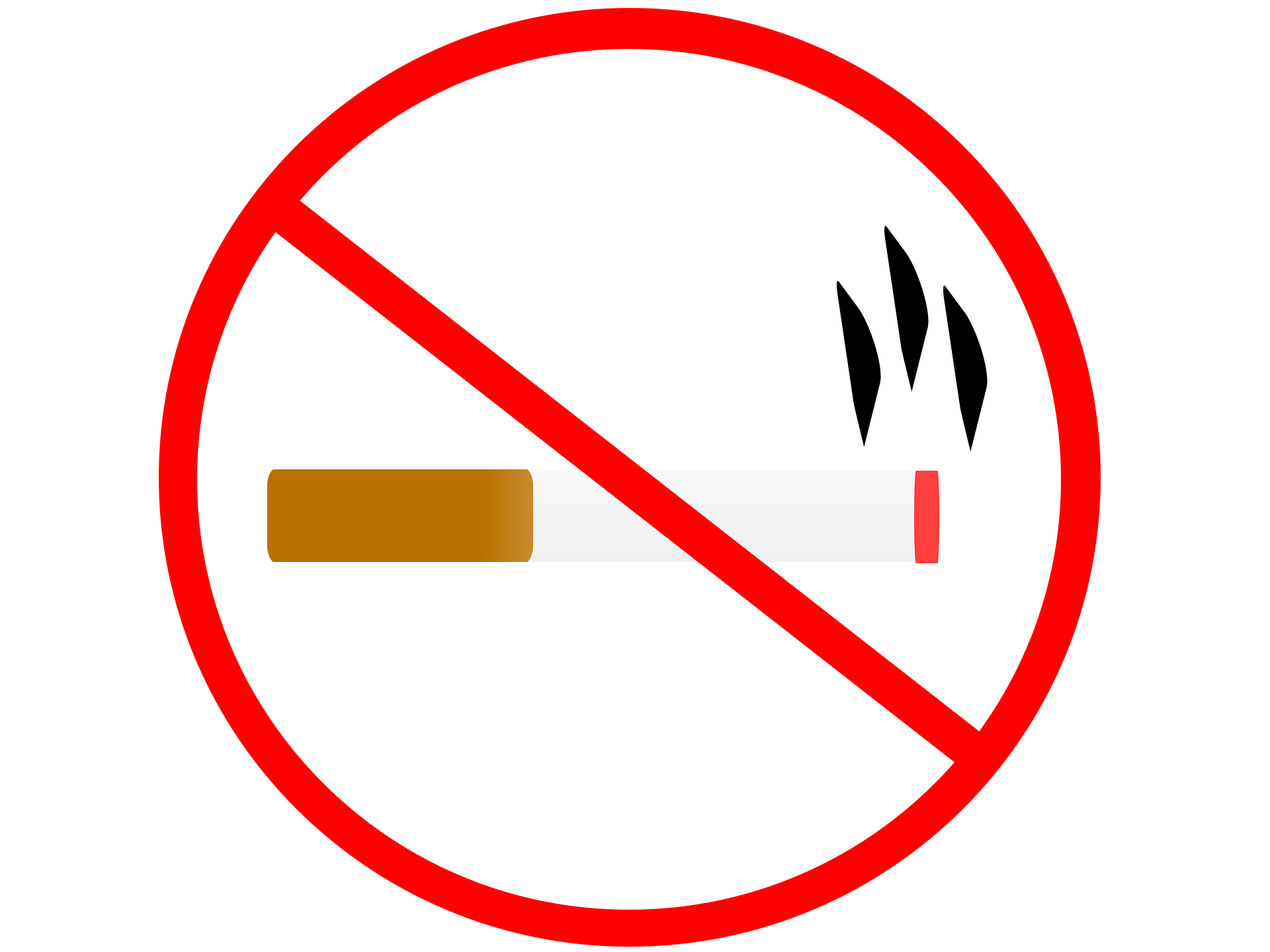Posted by Dr Michelle Wright
World No Tobacco Day
The health benefits of not smoking are marked every year, on the 31st May. World No Tobacco Day, led by the World Health Organization raises awareness about the health benefits of quitting and their work to discourage the use of tobacco products.
Globally, more than 8 million people a year die because of tobacco use. This includes the effects of second-hand smoke which causes a significant impact on healthcare systems.

Health benefits of not smoking
The health benefits of quitting tobacco can start to be reaped quickly. Within twenty minutes, heart rate and blood pressure already start to drop. Over the course of twelve weeks, circulation and lung function improve. Between one and nine months, coughing and shortness of breath decrease and at one year, the risk of heart attack is around 50% that of someone who continues to smoke.
Ten years after quitting, the risk of lung cancer is half that of a smoker and there are also reductions in other cancers including the mouth, throat, and bladder.
But despite knowing the health benefits, it can be very difficult for someone to stop using tobacco.
Nicotine is highly addictive
Nicotine is highly addictive, and a person’s brain gets used to having it on board. This means that they can experience withdrawal symptoms when trying to quit.
There are also usually certain routines and behaviours that people associate with their smoking. Taking breaks, having a coffee, or relaxing after a meal are all examples. People also use smoking as a way to help manage feelings and emotions.
Two in three smokers want to stop. But the key to success is that this is something a person wants to do for themselves, and that they are ready for.
Prepare and plan how to stop smoking
Careful preparation and planning can help someone manage their withdrawal symptoms and figure out how to get by without having smoking as part of their daily routine.
Top tips to stop smoking
Listen to Dr Michelle’s podcast and check out the World Health Organization’s Quitting Toolkit.
Additional support can be provided by a qualified coach. HealthFirst Director, Dr Mecky McNeil has a wealth of experience in this field. To find out more click here.





